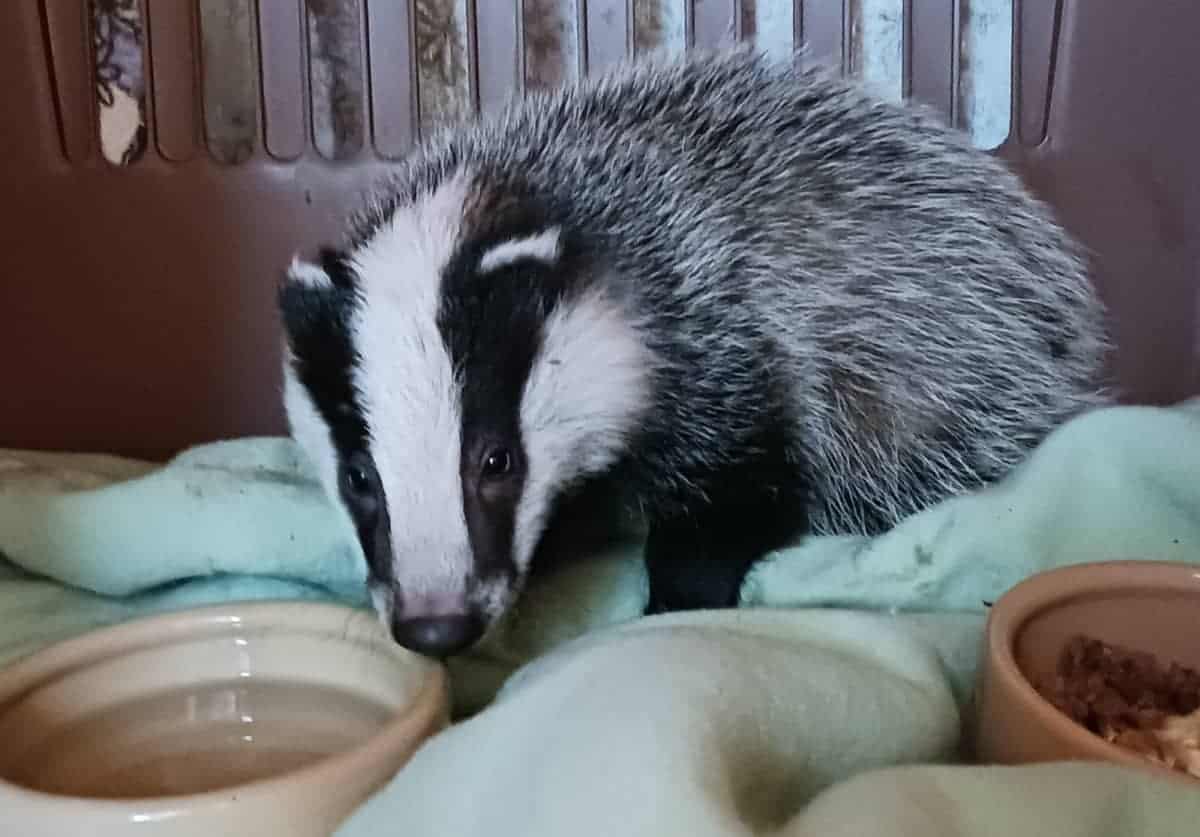Spring has sprung and there is lots of new wildlife to be seen on the Isle of Wight.
The
Isle of Wight Branch
of the RSPCA has issued some helpful hints on what to do if you find
a bird or any wildlife
that
looks to be in distress, as it deals with an influx of baby birds and
fox and badger cubs at its wildlife unit at the RSPCA Isle of Wight
Branch’s Animal Centre in Rookley.
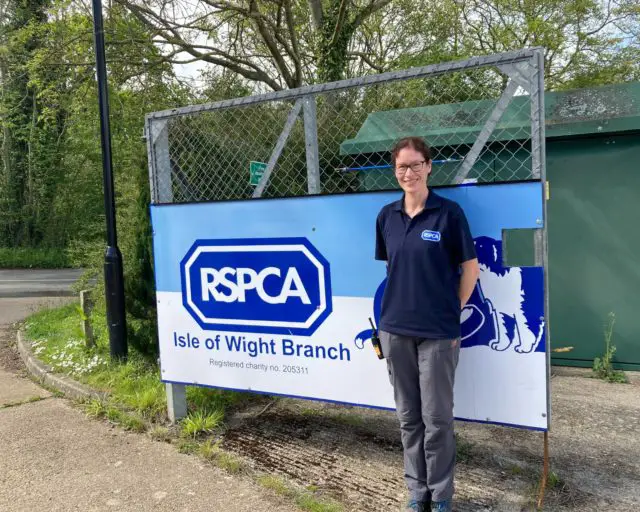
The charity does its best to help any injured creature and in recent weeks, has seen everything from a day-old duckling to a fox cub that got its head stuck in wire fencing.
Step-by-step approach when dealing with wildlife casualties
Louise Ellis, RSPCA Isle of Wight Wildlife Co-ordinator, says members of the public should take a step-by-step approach when dealing with suspected wildlife casualties.
1 – Observe
Don’t always assume you need to intervene if the animal doesn’t seem to be injured then keep an eye on it as the parents may return and could be just gathering food or are nearby.
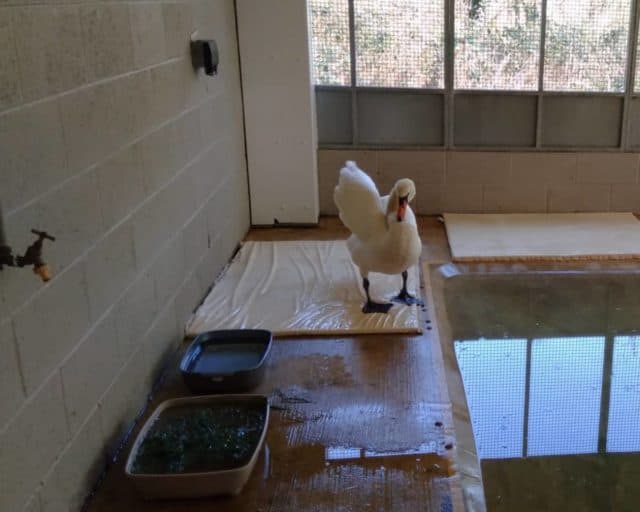
2 – Keep pets away
If you have dogs or cats then please try to keep them away until the situation is sorted until the situation is sorted.
3 – Move with caution
If the animal is in danger from traffic or other animals then use gloves or a towel to move it to a safer spot (such as under a hedge).
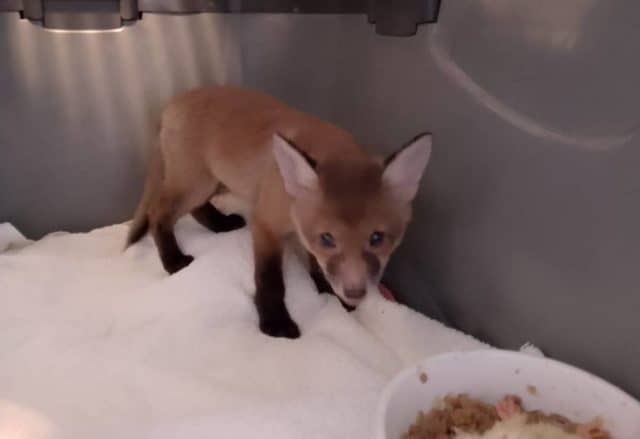
4 – Get advice
If the animal is injured, please call the RSPCA National Helpline 0300 1234 999 or give RSPCA Isle of Wight branch a call on 01983 840287. Alternatively, look on the RSPCA website for further advice.
5 – Take it to a vet
If you feel comfortable to do so, then find a box and using a towel or gloves, put it in, ensuring it can breathe, and take it to a local vet. The vet will treat the animal then decide if it needs rehabilitation at a centre such as the RSPCA Isle of Wight Branch’s Animal Centre and Wildlife Unit.
Ellis: Rehabilitation can be very intensive
Louise said,
“Although the centre has limited facilities, we can accommodate birds that are orphaned or injured and look after some native mammals in the short term.
“Rehabilitation can be very intensive. For instance, a baby blackbird could need feeding every 20 minutes at first.”
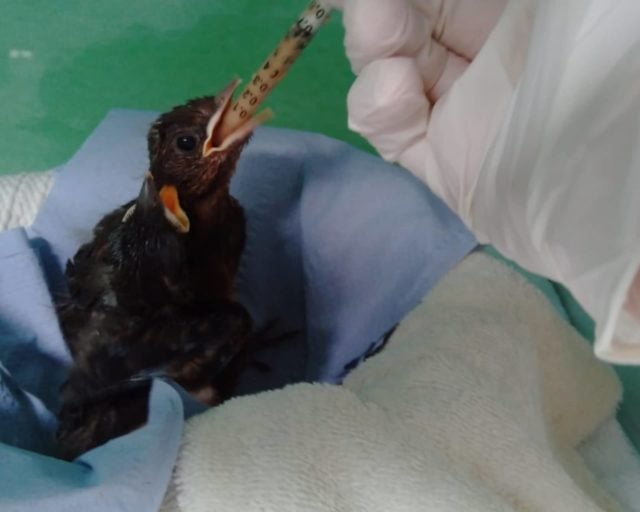
Set to launch an appeal
RSPCA Isle of Wight is set to launch an appeal to extend its wildlife facilities to incorporate a fox and badger care unit, to avoid the possibility of bigger mammals having to be sent to mainland animal hospitals.
As
the RSPCA Isle of Wight Branch is an independently registered
charity, it receives no regular funding from the National RSPCA. The
local charity relies heavily on public donations to deliver its
critical services.
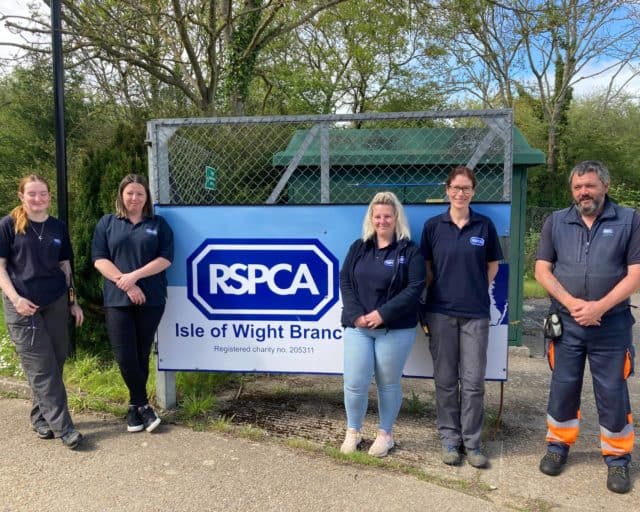
Find out more
If you would like to make a difference and donate or find out more about our animal adoptions please visit the Website.
News shared by Alan on behalf of RSPCA Isle of Wight. Ed

